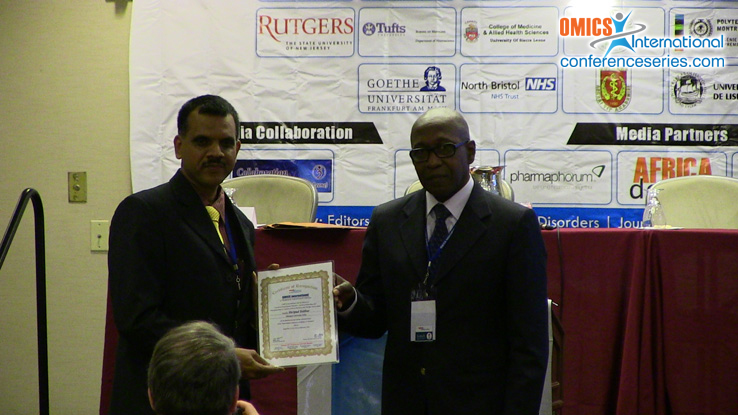
Shripad Hebbar
Manipal University, India
Title: Epilepsy and Oral Hormonal Contraception - Indian Perspective
Biography
Biography: Shripad Hebbar
Abstract
There are about 50 million people with epilepsy in the world and a quarter of them are in the reproductive age group. These women like others are highly fertile and frequently need to adopt effective and safe contraceptive measures to avoid unplanned pregnancy. There are several concerns regarding the efficacy and safety of natural methods or barrier methods in women who are taking antiepileptic drugs (AED), failure of which poses a great risk to the developing fetus as most of the AEDs have teratogenic effect. Oral hormonal pills are prescribed to epileptic women not only for birth control but also in certain situations such as polycystic ovaries, irregular menstruation, acne and dysfunctional uterine bleeding. There are major bidirectional interactions between reproductive hormones and antiepileptic drugs which the physician should be aware of while dealing with these women. This extensive review focusses upon potential drug interactions between constituents of various oral pills and anti-epileptic drugs, the formulations available in India with special note on ormeloxifene which is exclusively marketed for birth control in Rural India.



